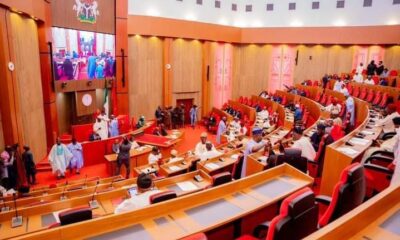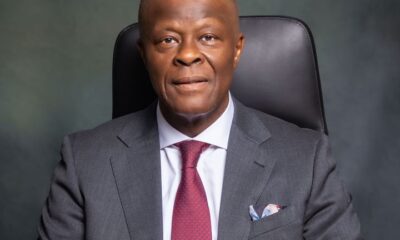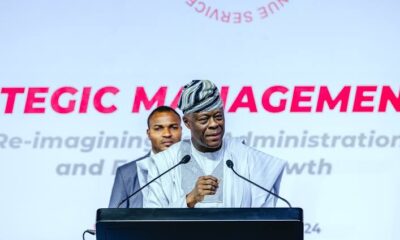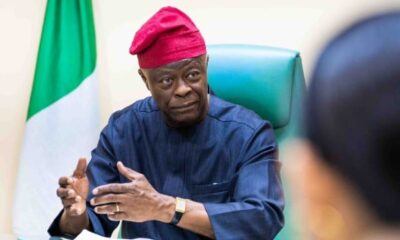The Nation
How Tinubu’s govt saved $20bn for Nigeria from petrol subsidy removal, forex reforms
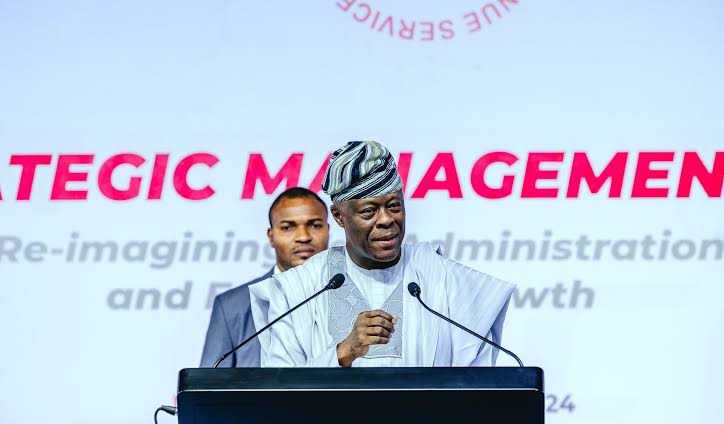
Wale Edun, Nigeria’s Minister of Finance and Coordinating Minister of the Economy, has revealed that the country has saved $20 billion through the removal of the petrol subsidy and the adoption of market-driven foreign exchange pricing.
Speaking in Abuja during an event marking the first 100 days in office of Esther Walso-Jack, the Head of the Civil Service of the Federation, Edun highlighted the financial gains achieved through these policy changes.
“These reforms have significantly reduced fiscal pressure and freed up resources for other critical sectors of the economy,” Edun stated.
“An amount of five percent of GDP is what those two subsidies were costing,” Edun stated. “When there was a subsidy on PMS and on foreign exchange, they collectively cost five percent of GDP. Assuming GDP was $400 billion on average, five percent of that is $20 billion—funds that could now go into infrastructure, health, social services, and education.”
He further explained that the savings are being redirected into developmental projects: “The real change is that no one can wake up and target cheap funding or forex from the central bank to enrich themselves without adding value. Similarly, profiteering from the inefficient petrol subsidy regime is no longer possible.”
President Bola Tinubu officially ended the petrol subsidy regime on May 29.
Despite this, on August 19, the Nigerian National Petroleum Company (NNPC) Limited disclosed that the federal government owed ₦7.8 trillion for under-recovery, contradicting earlier denials of any subsidy reintroduction.


